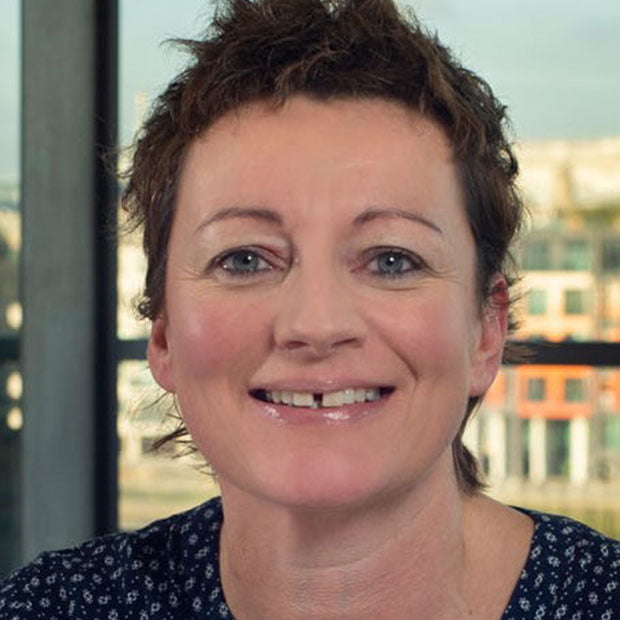Ofcom: industry diversity slow to improve
UK media regulator Ofcom’s latest annual study of industry diversity has found disabled and black people remain underrepresented and has called for the country’s broadcasters to look outside London to improve representation.

Vikki Cook
The study states that although 2020 has seen a renewed commitment from senior leaders of the major broadcasters to transform the make-up of their organisations, and some progress has been made, it is still “too slow.”
A greater proportion of women and minority ethnic people are employed across the TV and radio industry than a year ago, but some groups remain consistently under-represented.
Ofcom found:
- Only 7% of TV and 6% of radio employees are disabled, compared with 19% of the working age population, with little sign of improvement in recent years.
- Just 8% of senior management roles in TV are occupied by minority ethnic colleagues, compared with 12% of the working population and 35% across the London workforce.
- Only 1% of senior managers working in TV are black, despite black colleagues making up 3% of the national working population.
Ofcom has said it wants to see faster progress in three priority areas: increasing the proportion of underrepresented groups in the industry; senior accountability for setting and delivering against diversity objectives; and better information and representation around social class and geography.
It has also called for the country’s broadcasters to look beyond London and reach the whole UK as part of industry efforts to reflect a wider range of geographic and social backgrounds.
Broadcasters are collecting more information on the socio-economic background of their employees than a year ago, but there remains no such information for around 60% of employees, Ofcom has found.
Ofcom’s analysis shows TV and radio employees are around twice as likely to have grown up in a professional home compared with the UK population and twice as likely to have been privately educated.
Most broadcasters’ workforces are still primarily based in London, even though four-fifths of the population live elsewhere.
Audiences consistently say they expect to see programmes that authentically portray modern life across the UK, its nations and regions. To achieve that, broadcasters need to reflect the whole society they serve, Ofcom said.
Ofcom has also tasked broadcasters with improving their measurement and understanding of social class and geography across their workforce, including how these characteristics overlap and interact with others, such as ethnicity and disability.
Vikki Cook, Ofcom’s director of broadcasting policy, said: “The door to the broadcast industry should be wide open to everyone, regardless of what part of the country you come from or what school you went to.
“We’re calling on major broadcasters to look beyond London and attract the best talent from a range of areas and backgrounds, so the programmes they make feel relevant to every part of society.”
The media regulator stated: “We will continue to use our position to influence change, including hosting a dedicated industry event next year to hasten progress. As an employer, we will act with the same degree of transparency as the organisations we regulate. We will soon set out our own diversity roadmap for the coming years, to include new, stretching targets and plans for broadening the social class and geographic make-up of Ofcom.”
The media regulator has also published its annual report on the BBC, which it has found to be performing well overall but must deliver greater value to underserved viewers and listeners.
The report finds the corporation is generally serving viewers and listeners well through the breadth and quality of its programmes, whilst it responded effectively and rapidly to the Covid-19 pandemic by offering significant amounts of educational content to fill the gap when schools were closed and increasing its news provision.
However, some viewers and listeners continue to feel underrepresented or inaccurately portrayed in BBC programmes.
In particular, people living in Scotland and those in the west and south-west of England feel less positive about the range and authenticity of BBC programmes about their area. In comparison, people living in southern England and London have the most favourable perceptions.
Meanwhile, older disabled adults feel they are the least visible on the BBC and people from working-class backgrounds feel underserved by the BBC.
Although black audiences give the BBC an above-average rating for representation, they are much less content with how they are portrayed, Ofcom also found.
This comes after the BBC’s new director general, Tim Davie, earlier this year acknowledged the BBC does not serve all audiences equally and set out his broader priorities for change, which Ofcom has welcomed.
“We now encourage the BBC to set out detailed plans for delivering these priorities, including how it intends to better reach and reflect underserved audiences, and how it will measure its success,” Ofcom said.













.jpg)




























